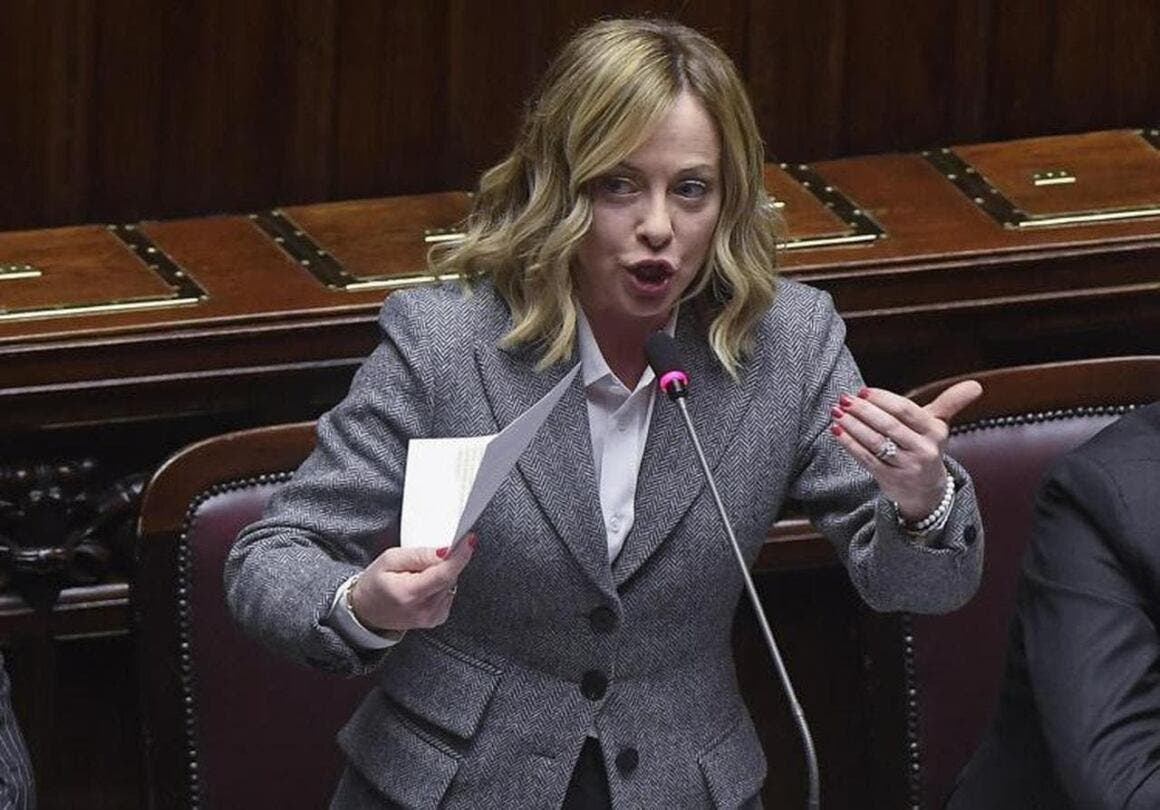The current scenario in the Italian automotive sector is marked by a dynamic interaction between the Government led by Giorgia Meloni and Stellantis, the automotive group formed from the merger of Fiat Chrysler Automobiles (FCA) and PSA. This situation warrants a detailed analysis, particularly in light of recent statements by Meloni and the responses from Carlos Tavares, CEO of the Italo-French group.
The Prime Minister has raised crucial issues regarding public perception of the union between the two giants, describing it as an acquisition of the Italian part by the French. This viewpoint highlights the Government’s concern for preserving Italian industrial heritage and identity in the automotive field, underscored by the example of the French government representative on the Board of Directors of Stellantis. Such a perception suggests a predominance of French influences in the group’s strategic decisions.
According to Giorgia Meloni, Stellantis is not Italian, but French
Furthermore, Giorgia Meloni has shed light on the issue of the group’s fiscal headquarters, which has moved abroad, a factor that could be interpreted as a reduction in Stellantis’ commitment to the Italian market and economy. This aspect is particularly delicate in the context of economic nationalism and the protection of national industries.
On the other hand, Tavares has responded by highlighting the issues related to incentives for purchasing electric and low-environmental-impact vehicles, an essential component for transitioning to more sustainable mobility, a sector in which Stellantis has heavily invested. Acceleration in this area is crucial for the future of the automotive sector, and delays in implementing such incentives could have repercussions not just for the European giant, but for the entire Italian automotive industry.

The reduction of automotive production in Italy, as pointed out by Meloni, is another area of concern. The drop from over 1 million vehicles in 2017 to 700,000 in 2022 highlights a downward trend with significant implications for employment and the economy. Therefore, the Government seems intent on stimulating national production, incentivizing those who choose to invest and produce in Italy.
The dialogue between the Meloni Government and Stellantis underscores the complexity of relations between politics and industry in a key sector like automotive. While the current Italian government seeks to preserve and relaunch the country’s automotive industry, the company must navigate between these national expectations and its global strategies, in a context of transitioning to electric mobility and global economic challenges.

